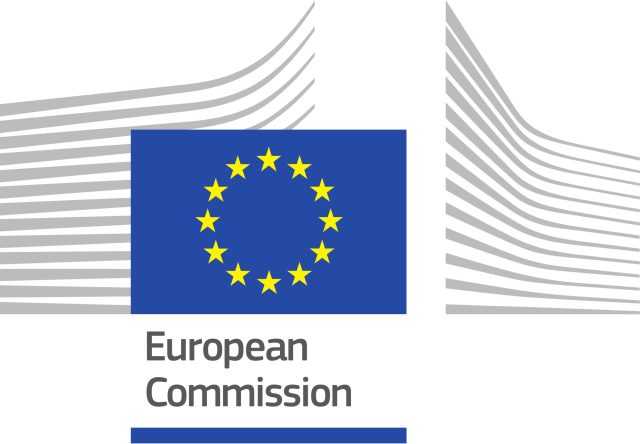MILAN – The European Union and Mercosur on June 28th reached an agreement for a free trade treaty, concluding two decades of back-and-forth negotiations. The new trade framework, says the European Commision in a statement “will consolidate a strategic political and economic partnership and create significant opportunities for sustainable growth on both sides, while respecting the environment and preserving interests of EU consumers and sensitive economic sectors”.
EU Commission chief Jean-Claude Juncker said it was the EU’s biggest free trade deal to date and, at a time of trade tensions between the US and China, showed that “we stand for rules-based trade”.
Brazil’s President Jair Bolsonaro said it was “historic” and “one of the most important trade deals of all time”.
The European Union is already Mercosur’s biggest trade and investment partner and its second largest for goods trade.
“Europe will eliminate the bulk of its barriers in five years, and Mercosur will apply a gradual tariff reduction over a period of up to 15 years, which will allow the private sector to adapt” Miguel Braun, Argentina’s economic policy secretary, said on Twitter.
The deal could significantly change the way Europeans do business in countries like Brazil – which has one of the world’s most closed economies. High tariffs have historically kept European competitors at a disadvantage against national industries. Europe has its eyes on greater access for manufactured goods, notably cars, which face tariffs of 35%.
Similarly, South American farmers will finally gain access to European food markets.
Brazil said the pact would remove import tariffs on several farm products, such as orange juice, instant coffee and fruit. It will also get a new 99,000-tonne quota of beef at a 7.5% tariff, phased in over five years, and tariff-free 180,000-tonne quotas each of sugar and poultry.


















